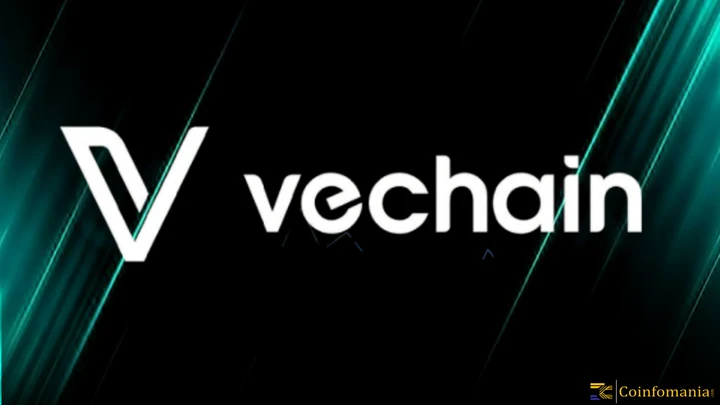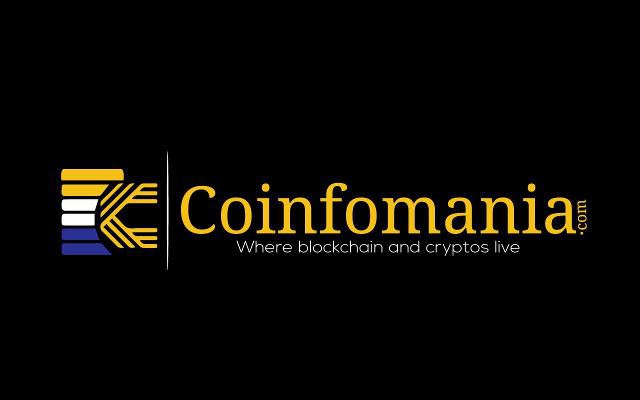VeChain’s EVM and JSON-RPC Upgrade Opens Doors for 1M+ Web3 Developers
0
0

VeChain has rolled out a groundbreaking VeChain EVM and JSON-RPC upgrade for Web3 developers that enables full Ethereum Virtual Machine (EVM) compatibility and JSON-RPC support, inviting over 1 million Solidity developers to deploy instantly without rewriting code. This game-changing update eliminates friction for Web3 builders by letting them use their existing stack, including MetaMask, Hardhat, Foundry, and web3.js, to build and deploy dApps on VeChain’s infrastructure. The upgrade also introduces new node tiers under “StarGate,” VeChain’s backend improvement initiative, enhancing scalability and validator performance. Developers now get all the benefits of Ethereum tooling with VeChain’s real-world utility, low fees, and enterprise-grade reliability.
JSON-RPC Support Transforms VeChain Into a Plug-and-Play Blockchain
JSON-RPC is now a native feature on VeChain, and it’s doing more than enabling compatibility. It removes the need for developers to learn a new SDK or framework, ensuring a seamless transition from Ethereum. With this upgrade, tools like WalletConnect, Chainlist, Ethers.js, and Web3.js work out of the box. Developers can now plug in their existing Ethereum dApps and deploy to VeChain with zero migration overhead. This makes the long-tail primary keyword, VeChain EVM and JSON-RPC upgrade for Web3 developers, a major milestone that simplifies multichain deployment.
Additionally, VeChain’s EVM-native performance provides higher throughput and a more robust node structure. These changes mean developers gain both technical ease and enterprise-grade support. Real-world adoption from giants like Walmart China, BMW, and DNV already validate VeChain’s production-readiness, now made accessible to builders worldwide. Whether you’re coding a DEX or integrating sustainability metrics, your app works instantly within VeChain’s ESG-friendly infrastructure.
New Node Tiers Foster Governance and Long-Term Commitment
VeChain’s ESG toolkit offers a unique layer for developers creating climate-aware or compliance-driven dApps. Thanks to the JSON-RPC upgrade, a Shopify Web3 plugin can now integrate traceability features effortlessly. Or consider loyalty apps that reward eco-conscious behavior using VeChain’s carbon tracking module.
Furthermore, VeChain’s StarGate upgrade introduces three new economic node tiers: Flash, Lightning, and Dawn. These tiers aren’t just for validators, they empower developers and DAOs to gain governance weight and ecosystem alignment. This model emphasizes skin-in-the-game participation, not mere speculation, reinforcing long-term builder commitment. With the VeChain EVM and JSON-RPC upgrade for Web3 developers, the gap between enterprise needs and open-source freedom closes significantly.
VeChain’s New Upgrade Empowers Web3 Developers with One-Click Deployment Simplicity
Developers don’t need handholding or custom integrations anymore. The VeChain EVM and JSON-RPC upgrade for Web3 developers allows existing Ethereum dApps to deploy with the same codebase. No need to refactor or rewrite. Just update the RPC endpoint, and you’re live. With low gas fees and native support for popular developer libraries, VeChain becomes the go-to chain for efficient, scalable, and sustainable dApp development. This frictionless onboarding model could shift multichain strategy across the industry.
What’s Next: From VeChain EVM Integration to Ecosystem Growth
VeChain is now in a prime position to attract Ethereum-native developers looking for better cost-efficiency and real-world integrations. With JSON-RPC and EVM compatibility now fully active, the VeChain EVM and JSON-RPC upgrade for Web3 developers lays the groundwork for broad adoption. Expect new dApps, DAOs, and Web3 startups to leverage the chain’s sustainability features, fast transactions, and enterprise integrations in the coming months.
The post VeChain’s EVM and JSON-RPC Upgrade Opens Doors for 1M+ Web3 Developers appeared first on Coinfomania.
0
0
 Manage all your crypto, NFT and DeFi from one place
Manage all your crypto, NFT and DeFi from one placeSecurely connect the portfolio you’re using to start.





